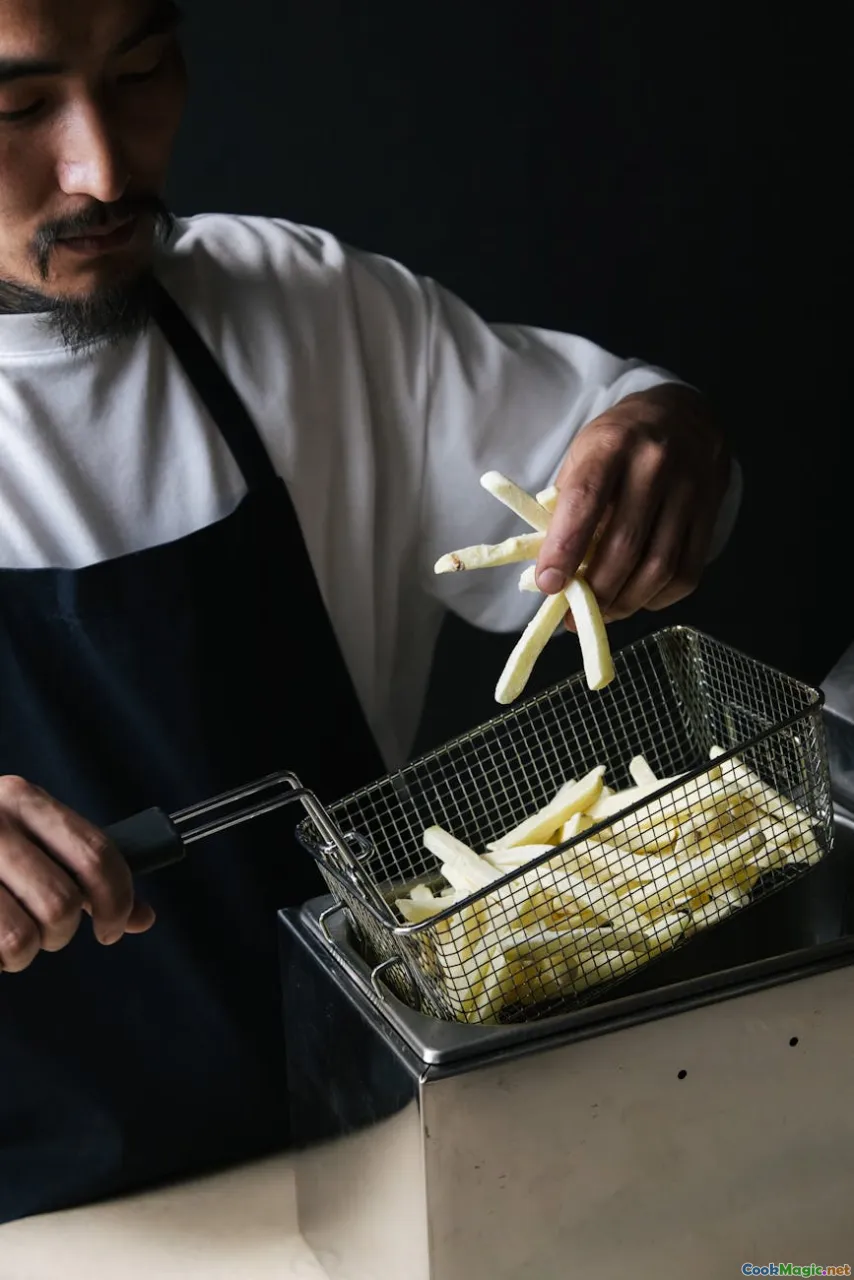The Influence of French Chefs Worldwide
7 min read Explore how French chefs have shaped global cuisine, blending tradition with innovation to inspire kitchens worldwide. April 30, 2025 20:00
The Influence of French Chefs Worldwide
Imagine strolling through a bustling Tokyo sushi bar, savoring a perfectly crafted nigiri, or biting into a flaky, buttery croissant in a New York café. Behind these exquisite culinary experiences lies a shared thread—an influence rooted deeply in the mastery and innovation of French chefs. From the elegant boulevards of Paris to the vibrant street markets of Bangkok, French culinary traditions have transcended borders, inspiring a global movement that continues to evolve.
The Birth of French Culinary Prestige
French cuisine, often regarded as the pinnacle of gastronomic artistry, boasts a history rich with innovation, refinement, and a relentless pursuit of excellence. The evolution began in the royal courts of the Renaissance, where chefs like François Pierre de La Varenne revolutionized cooking with meticulous techniques and classic sauces. Fast forward to the 19th and 20th centuries, where chefs such as Auguste Escoffier formalized the brigade system—a hierarchical kitchen organization—and laid the groundwork for modern culinary arts.
This foundation of precision, technique, and cultural pride created a culinary language that many chefs worldwide aspired to master. French cuisine became synonymous with sophistication, and its techniques became the gold standard taught in culinary schools globally.
French Chefs as Cultural Ambassadors
The influence of French chefs extends far beyond the kitchen. They have served as cultural ambassadors, introducing French culinary philosophy—emphasizing balance, technique, and presentation—to diverse societies. Chefs like Paul Bocuse, Joël Robuchon, and Alain Ducasse have not only elevated French gastronomy but also fostered a global appreciation for the artistry of cooking.
The Spread Through Culinary Institutions
Institutions such as Le Cordon Bleu, founded in Paris, became international hubs for culinary education, spreading French techniques worldwide. Aspiring chefs from Asia, America, and Africa flocked to these schools, returning home with a new vocabulary of flavors, methods, and presentation styles.
The Role of French Michelin Stars
The Michelin Guide, originating from France, became a benchmark for excellence. Many chefs outside France sought to earn Michelin stars, adopting French standards of quality and innovation, thus propagating French influence across continents.
The Modern French Chef: Innovator and Icon
Contemporary French chefs are no longer confined to traditional culinary boundaries. They are innovators, blending French techniques with local ingredients and cuisines to create hybrid styles that resonate globally.
Fusion and Innovation
Chefs like Dominique Crenn in San Francisco and René Redzepi in Copenhagen have reimagined French techniques within their own culinary contexts. Redzepi’s Noma, for example, reinterprets Nordic ingredients through French culinary precision, blurring cultural lines.
Sustainability and Artisanal Approach
Modern French chefs emphasize sustainability, sourcing local ingredients, and respecting terroir—an intrinsic French concept that celebrates the unique sense of place in food. This approach has influenced chefs worldwide to prioritize quality, locality, and storytelling through food.
Personal Stories and Anecdotes
My own journey into French cuisine began with a simple, yet profound experience—a freshly made brûlée in a small Provençal bistro. The delicate crack of caramelized sugar, the rich vanilla custard beneath, and the warm aroma all echoed a centuries-old tradition. That moment encapsulates how French culinary artistry extends beyond taste; it evokes emotion, history, and identity.
I remember visiting a Michelin-starred restaurant in Tokyo where the chef, trained in France, meticulously plated a soufflé that rose to perfection, its golden exterior promising a fluffy, airy interior. The precision, the visual appeal, and the harmonious flavors were a testament to French techniques adapted globally.
The Future of French Culinary Influence
As the world continues to embrace diversity and innovation, French chefs remain at the forefront, acting as both preservers of tradition and pioneers of new culinary horizons. The rise of global culinary festivals, cross-cultural collaborations, and digital platforms ensures that French techniques and philosophies will inspire generations.
Embracing Change, Honoring Roots
The future lies in a delicate balance—honoring the rich history of French cuisine while embracing local flavors and sustainability. French chefs are now more than ever, global citizens who carry their heritage with pride while pushing culinary boundaries.
Conclusion: A Shared Heritage of Culinary Excellence
The influence of French chefs worldwide is a testament to the power of food as a universal language. Their mastery, innovation, and dedication have created a culinary legacy that continues to inspire, challenge, and delight. Whether in a Parisian bistro or a rooftop restaurant in Sydney, the spirit of French gastronomy persists—a celebration of tradition, creativity, and the profound connection between food and culture.
So next time you indulge in a buttery croissant or savor a meticulously crafted sauce, remember: behind that experience lies a centuries-old tradition, a global network of passionate chefs, and an enduring legacy that continues to shape the culinary world.









